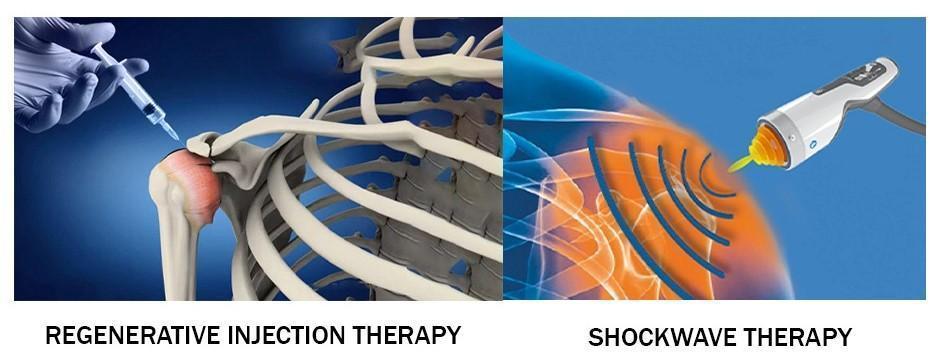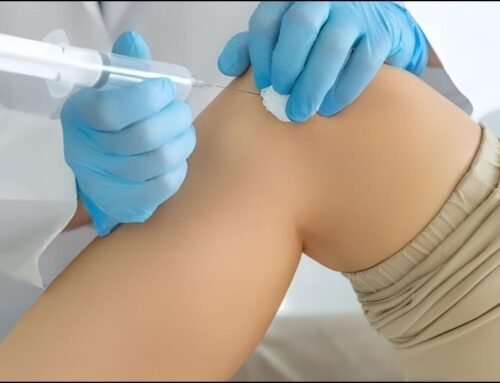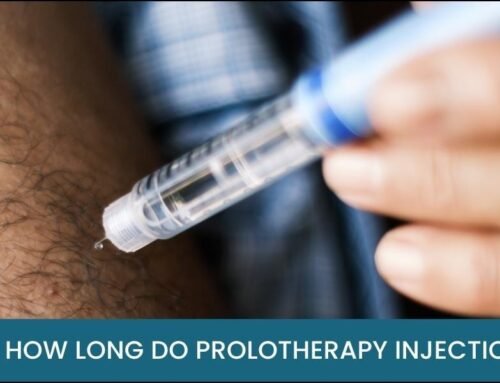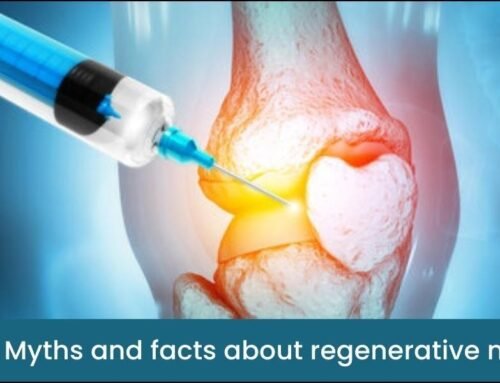Frozen shoulder, also known as adhesive capsulitis, is a condition characterized by stiffness, pain, and limited range of motion in the shoulder joint. It typically affects individuals between the ages of 40 and 60, and can significantly impact their daily activities and quality of life. Traditional treatment options for frozen shoulder include physical therapy, pain medication, and corticosteroid injections.
However, Shockwave Therapy and Regenerative Injection Therapy have emerged as promising and effective alternatives for treating frozen shoulder.
Shockwave Therapy for Frozen Shoulder
Shockwave therapy, also known as Extracorporeal Shockwave Therapy (ESWT), is a non-invasive procedure that uses high-energy sound waves to stimulate the body’s natural healing process. It has been successfully used to treat various musculoskeletal conditions, including frozen shoulder. During a shockwave therapy session, a handheld device is used to deliver high-energy sound waves to the shoulder pain. These sound waves create helps the tissues by promoting increased blood flow and the release of healing factors, which help to reduce inflammation and stimulate tissue regeneration.
One of the advantages of shockwave therapy is that it is a non-surgical and non-pharmacological approach, making it a safe option for patients who may not be suitable for other treatments due to contraindications or side effects. The procedure is usually performed on an outpatient basis and does not require anesthesia. It is relatively quick, with each session lasting approximately 15-30 minutes, and patients can typically resume their normal activities immediately after the treatment.
A study published in the Archives of Physical Medicine and Rehabilitation in 2018 reported that shockwave therapy combined with exercise therapy resulted in greater pain relief and functional improvement compared to exercise therapy alone in patients with frozen shoulder. These findings suggest that shockwave therapy can be a valuable treatment option.
Regenerative Injection Therapy for Frozen Shoulder
Regenerative injection therapy is another innovative treatment option. It involves injecting a regenerative solution into the affected shoulder joint, triggering a localized healing response that promotes tissue repair and regeneration. The solution stimulates the body’s natural healing mechanisms and promotes the growth of new, healthy tissue.
It is a minimally invasive procedure that can be performed in an outpatient setting. The injections can be administered using ultrasound guidance if required. The number of injections required depends on the severity of the frozen shoulder, with most patients requiring a series of injections over 3-4 weeks to achieve optimal results.
Several studies have shown the effectiveness of regenerative injection therapy. A systematic review and meta-analysis published in the Journal of Pain Physicians in 2016 concluded that Regenerative Injection Therapy (RIT) significantly improved pain and shoulder function in patients.
Both Shockwave therapy and Regenerative injection therapy offer several benefits:
1. They are non-surgical, reducing the risks and complications associated with surgery and medications.
2. They target the underlying cause of frozen shoulder by promoting tissue repair and regeneration, rather than just masking the symptoms.
3. Can be performed on an outpatient basis, allowing patients to avoid hospitalization and prolonged recovery periods.
4. They have shown promising results in improving pain relief and shoulder function in patients.
Conclusion
Dr. Vikram Rajguru, a renowned frozen shoulder specialist in Pune, has been successfully using shockwave therapy and regenerative injection therapy in his practice to treat patients. He has years of experience in diagnosing and treating musculoskeletal conditions, and his expertise in utilizing these innovative treatment modalities has helped many patients achieve significant relief from frozen shoulder symptoms.




